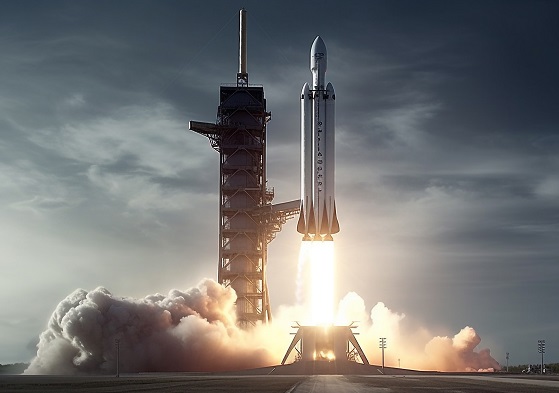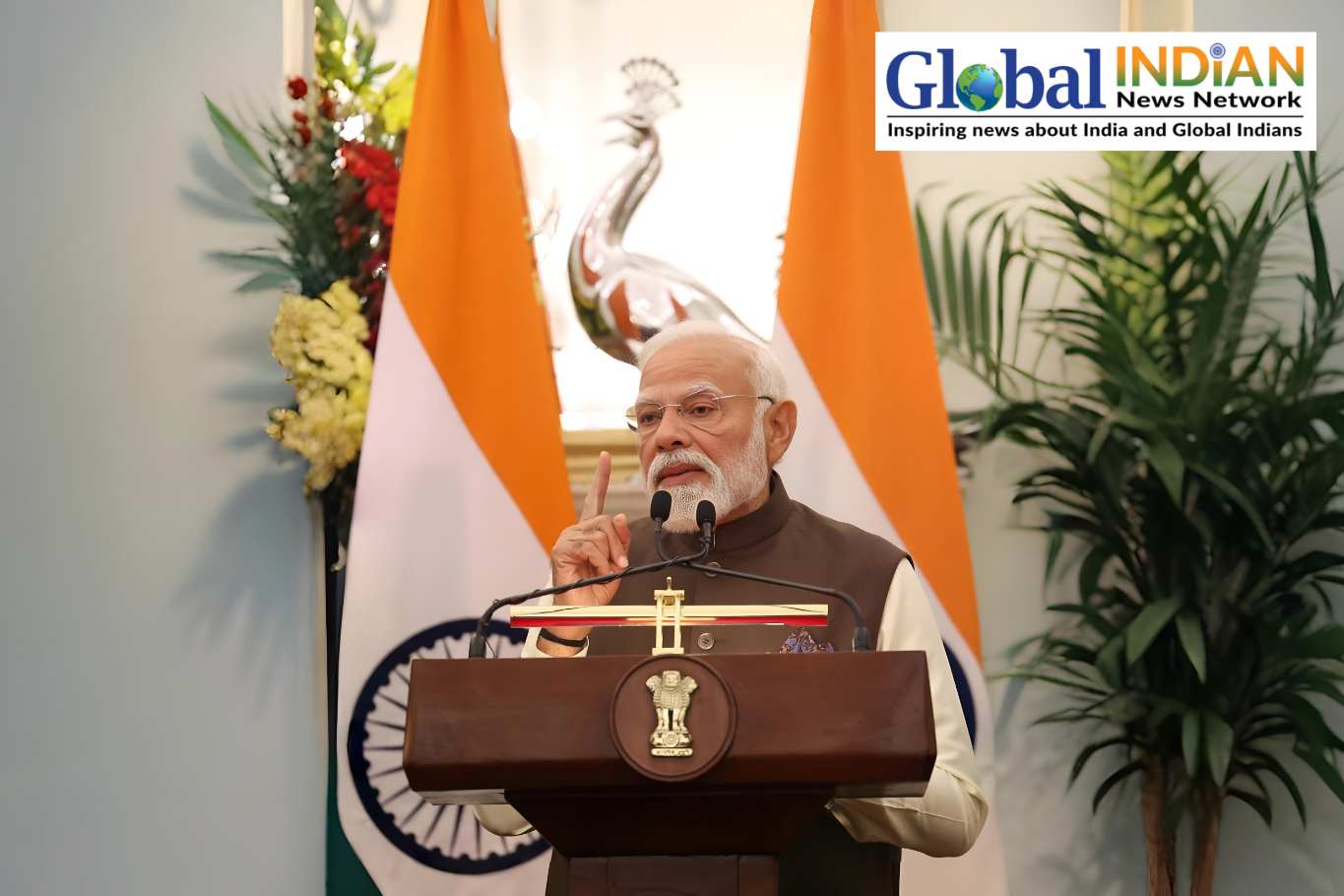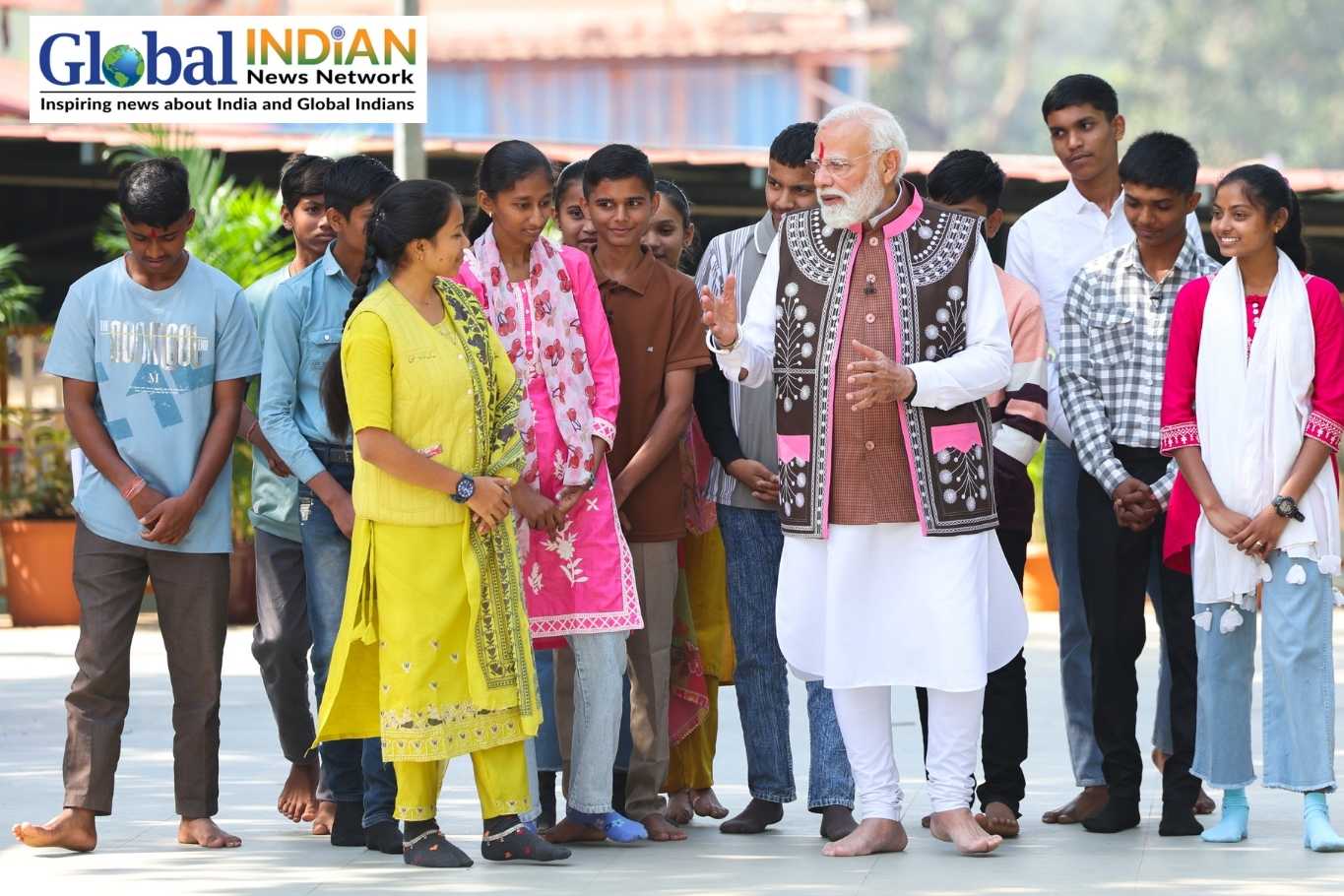
The India-US space partnership reached a milestone with the conclusion of the Strategic Framework for Human Spaceflight Cooperation, enhancing interoperability in space. This framework includes plans for advanced training of Indian Space Research Organisation (ISRO) astronauts at NASA’s Johnson Space Center, marking the first joint effort in astronaut training between the two agencies for missions to the International Space Station (ISS).
A joint fact sheet issued after the iCET Dialogue, chaired by US National Security Adviser Jake Sullivan and Indian National Security Advisor Ajit Doval, celebrated this agreement. NASA will assist in training two Indian astronauts, with one slated to fly to the ISS later this year, pending selection from ISRO’s four candidates.
India’s upcoming space station, the Bharatiya Antariksha Station, will be smaller than the current ISS and China’s Tiangong Space Station, weighing 20 tonnes. It aims to support microgravity experiments in Earth’s orbit at approximately 400km altitude. In contrast, NASA plans to retire the ISS by 2031.
The fact sheet also highlighted discussions on India’s potential involvement in NASA’s Lunar Gateway Program, a multinational effort to establish a lunar outpost for scientific research and preparation for deep-space missions under the Artemis program. The Gateway, orbiting the Moon, involves collaboration among NASA, the European Space Agency (ESA), Japan Aerospace Exploration Agency (JAXA), and the Canadian Space Agency (CSA).
Additionally, both countries are preparing for the launch of the NASA-ISRO Synthetic Aperture Radar (NISAR) satellite, aimed at monitoring global environmental changes every 12 days. This joint initiative will observe Earth’s land and ice-covered surfaces using dual-frequency radar imaging, crucial for climate change research and natural disaster monitoring.
The iCET Dialogue also marked the launch of a partnership between the US Space Force and Indian startups 114ai and 3rdiTech, focusing on advancing space situational awareness, data fusion technologies, and infrared sensor semiconductor manufacturing. Furthermore, the fact sheet noted India’s participation in the US Space Command’s Global Sentinel Exercise and plans for enhanced defence space cooperation through bilateral dialogues and joint exercises on emerging technologies like artificial intelligence.









